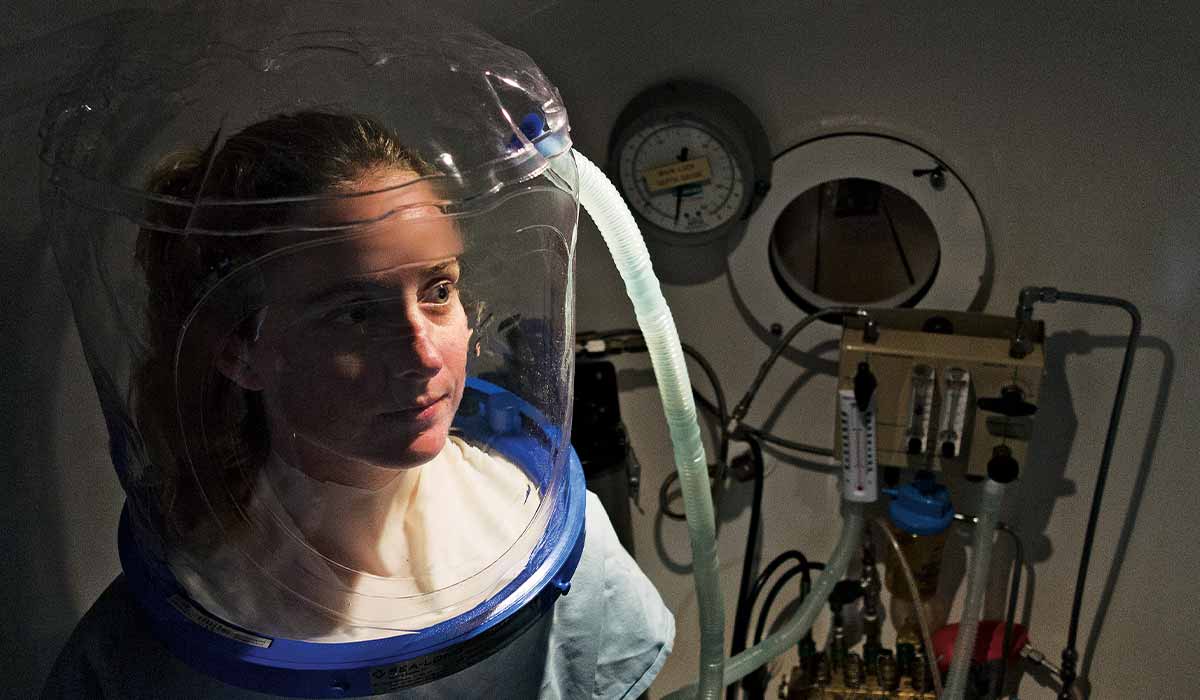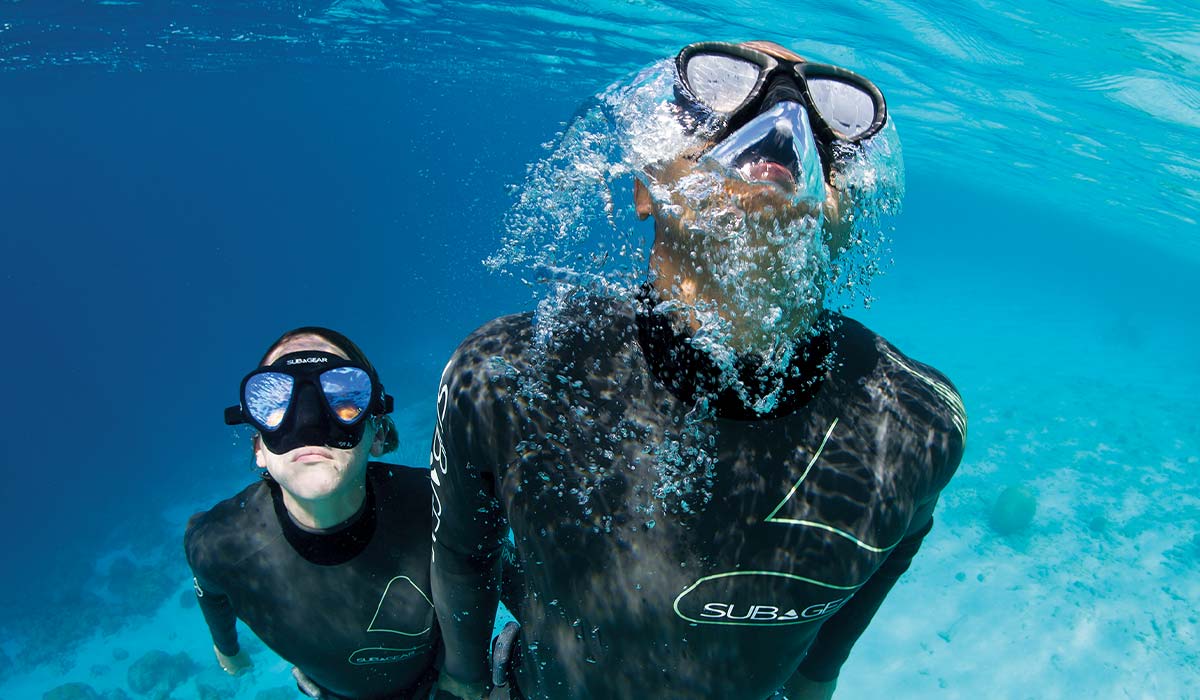A Culture of Dive Safety
A culture of dive safety promotes the sport and improves the overall dive experience. Our experts discuss a dive safety culture and its promotion.

A culture of dive safety promotes the sport and improves the overall dive experience. Our experts discuss a dive safety culture and its promotion.

Oxygen toxicity has been known for years, but researchers are still understanding its causes and mechanisms. Learn more about oxygen toxicity, including who is at risk, effects on the nervous system and more.

It is unknown what kind of effect diving has on the brain, but some researchers have found “white spots” in the brain with magnetic resonance imaging (MRI). Read expert opinions on diving and brain health.

A conservative mentality to diving and risk mitigation may help deter decompression sickness. Learn more about conservative diving.

Is there any solid evidence to support the observation that nitrox reduces fatigue? The experts weigh in on the intersection of air, nitrox and fatigue.

Lawsuits are prevalent in modern society, and the diving community is not immune to them. It’s important for both certified divers and dive operators to understand their legal rights and responsibilities. We ask the experts.

Recompression is idly given within minutes of decompression illness symptoms. But that often can’t happen because of a number of factors. Experts weigh in on recompression delays.

Important factors in decompression illness (DCI) are often dive time and depth, but exercise and hydration status could affect DCI risk. Could preconditioning — increase in a resistance to a particular condition — be possible in DCI?

Research in perfluorocarbons (PFCs) is raising hopes that it could be a more effective adjunct treatment for decompression sickness. Hear from our experts about the use of PFCs in treatments.

Dysbaric osteonecrosis (DON) is the destruction of bone tissue in the long bones, hips and shoulders associated with diving and compressed-air work. Generally considered to be the result of circulation disruption, osteonecrosis can occur without exposure to pressure changes. Learn more.
